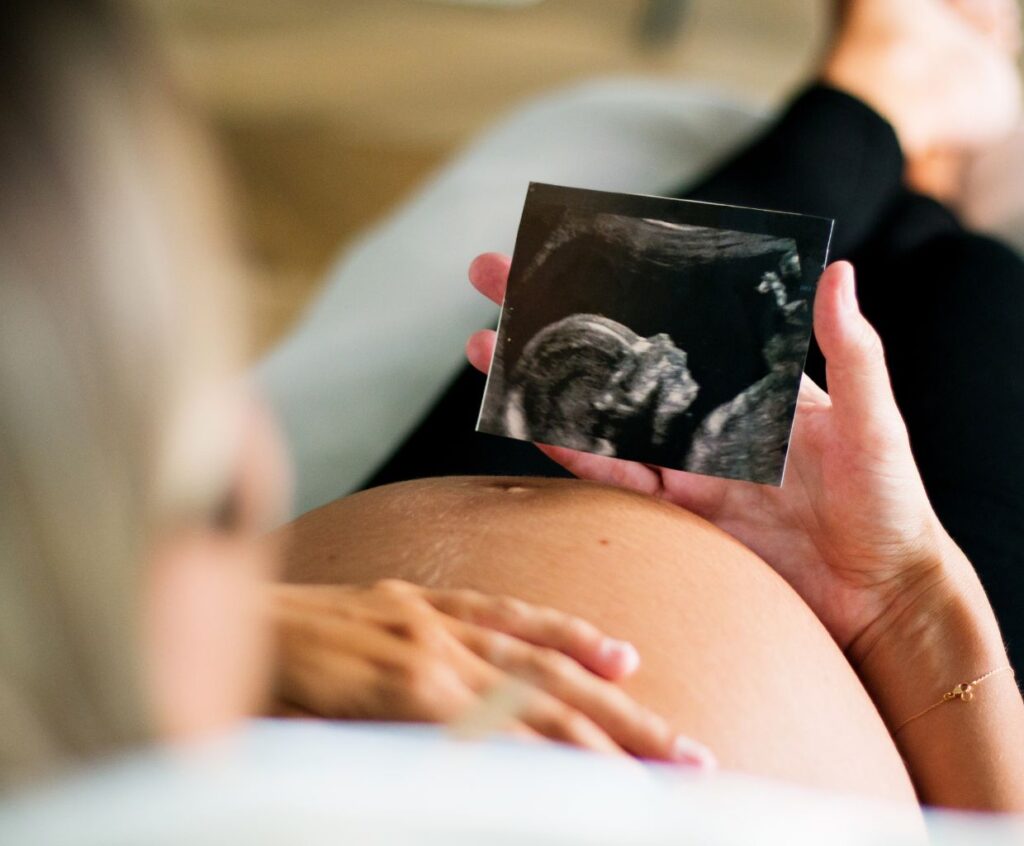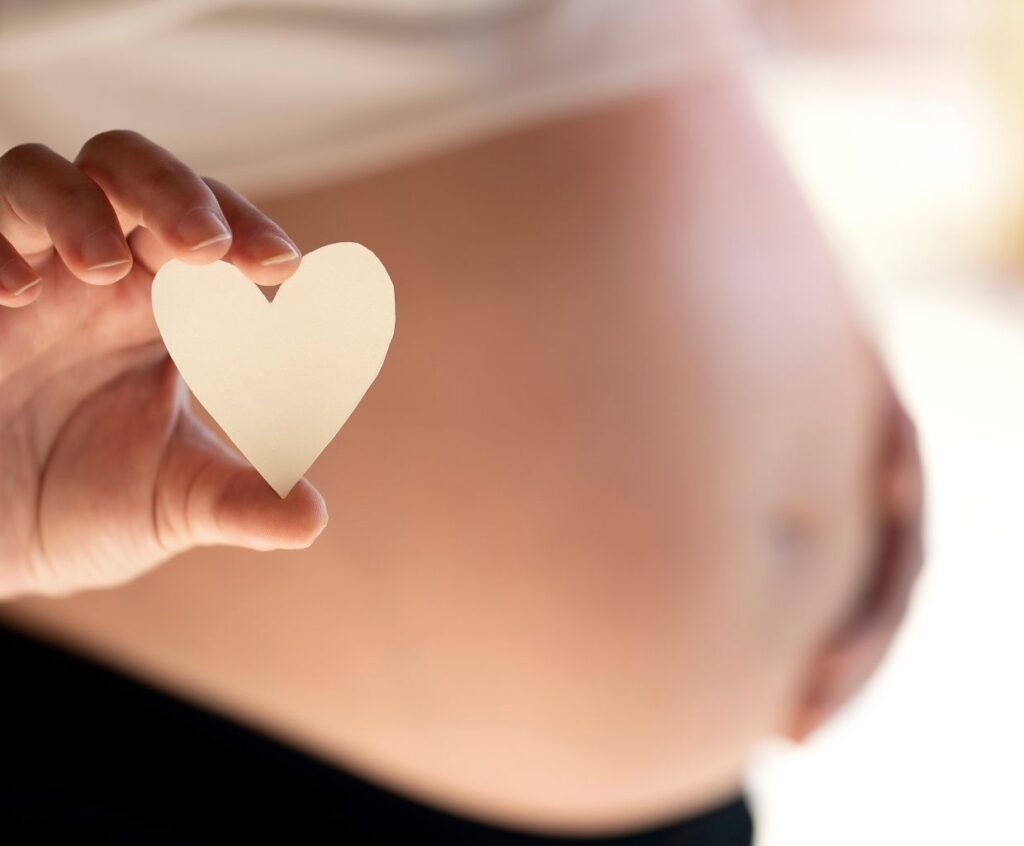How Often Do Babies Get Hiccups in the Womb? Exploring Fetal Hiccups
When expecting a baby, there are many things to wonder and marvel about. One of the intriguing phenomena that parents often experience is the sensation of their baby hiccupping in the womb.
Fetal hiccups can be a joyous and fascinating experience, leaving many parents curious about the frequency and significance of these little movements.
What Causes Fetal Hiccups?
Before we dive into how often babies get hiccups in the womb, let’s understand what causes them. Fetal hiccups occur when the diaphragm, the primary muscle responsible for breathing, contracts involuntarily. This contraction causes a sudden air intake, resulting in the characteristic “hic” sound.
Frequency of Fetal Hiccups
The frequency of fetal hiccups can vary from baby to baby. Some mothers may notice their baby hiccupping multiple times daily, while others may only experience it occasionally. On average, it is estimated that babies in the womb hiccup around 1-4 times a day.
When Do Babies Start Hiccupping in the Womb?
Fetal hiccups can begin as early as the first trimester; however, they are more commonly felt by mothers during the second and third trimesters. As the baby’s nervous system develops, hiccupping becomes more noticeable.
How Long Do Fetal Hiccups Last?
The duration of fetal hiccups can vary, but they generally last a few minutes. It is not uncommon for a baby to have a series of hiccups, with each episode lasting a few seconds.
Are Fetal Hiccups Normal?
Yes, fetal hiccups are considered normal and are usually a sign of a healthy baby. It indicates that the baby’s central nervous system is developing correctly. However, if you notice a sudden increase in the frequency or duration of hiccups, it is always a good idea to consult your healthcare provider.
Can You Feel Fetal Hiccups from the Outside?
As the pregnancy progresses, it is possible for others to feel the baby’s hiccups by placing their hand on the mother’s belly. This can be a delightful experience for partners, siblings, or family members who want to bond with the baby before birth.
Exploring Fetal Hiccups – In Conclusion
Fetal hiccups are a natural and normal part of pregnancy. They occur as the baby’s diaphragm develops and are usually felt in the second and third trimesters. While the frequency and duration of hiccups can vary, experiencing them is generally considered a positive sign of a healthy baby.
So, sit back, relax, and enjoy this cute little reminder that a precious life is growing within you!
Are there ways to prevent or reduce fetal hiccups?
Fetal hiccups are a normal part of pregnancy and usually not a cause for concern. However, if they are causing discomfort or distress to the mother, there are a few things she can try to prevent or reduce fetal hiccups:
1. Change positions: The mother can try changing her position, such as lying down if sitting or vice versa. Sometimes, a change in position can help alleviate hiccups.
2. Drink water: Drinking a glass of water may help stimulate the baby to move and potentially stop the hiccups.
3. Eat smaller meals: Consuming more minor, more frequent meals instead of large ones can help prevent hiccups by reducing pressure on the stomach.
4. Avoid carbonated drinks: Carbonated beverages can lead to increased gas in the stomach, which may contribute to fetal hiccups. Avoiding or reducing the intake of carbonated drinks may help lessen hiccups.
5. Relaxation techniques: Engaging in relaxation techniques, such as deep breathing exercises, meditation, or warm baths, can help relax the mother and potentially reduce fetal hiccups.
It’s important to note that fetal hiccups are generally harmless and will eventually resolve independently. If the hiccups persist for an extended period or are associated with other concerning symptoms, it is advisable to consult a healthcare provider for further evaluation.
How long do fetal hiccups typically last during pregnancy
Fetal hiccups during pregnancy typically last a few minutes but can sometimes persist for up to 15 minutes.
What causes hiccups in unborn babies?
The exact cause of hiccups in unborn babies is unknown, but it is believed to be a regular part of their development. Hiccups occur when the diaphragm, a muscle that helps with breathing, contracts suddenly and involuntarily.
In unborn babies, hiccups may be triggered by various factors, including the development of the respiratory system, the swallowing of amniotic fluid, or the stimulation of the baby’s nerves. Hiccups in unborn babies are considered a regular occurrence and are usually not a cause for concern.
Do hiccups in the womb affect the baby’s development?
Hiccups in the womb do not typically affect the baby’s development. Hiccups are common in fetuses and occur when the diaphragm muscle contracts involuntarily. They are considered a normal part of fetal development and are not usually a cause for concern. Hiccups do not pose any known risks to the baby’s health or development.
Can fetal hiccups be a sign of a healthy pregnancy?
Yes, fetal hiccups can be a sign of a healthy pregnancy. Fetal hiccups are typical and usually indicate that the baby’s central nervous system is developing correctly. It is a reassuring sign that the baby is getting enough oxygen and nutrients in the womb.
However, if any concerns or other unusual symptoms accompany the hiccups, it is always best to consult a healthcare professional for further evaluation.


